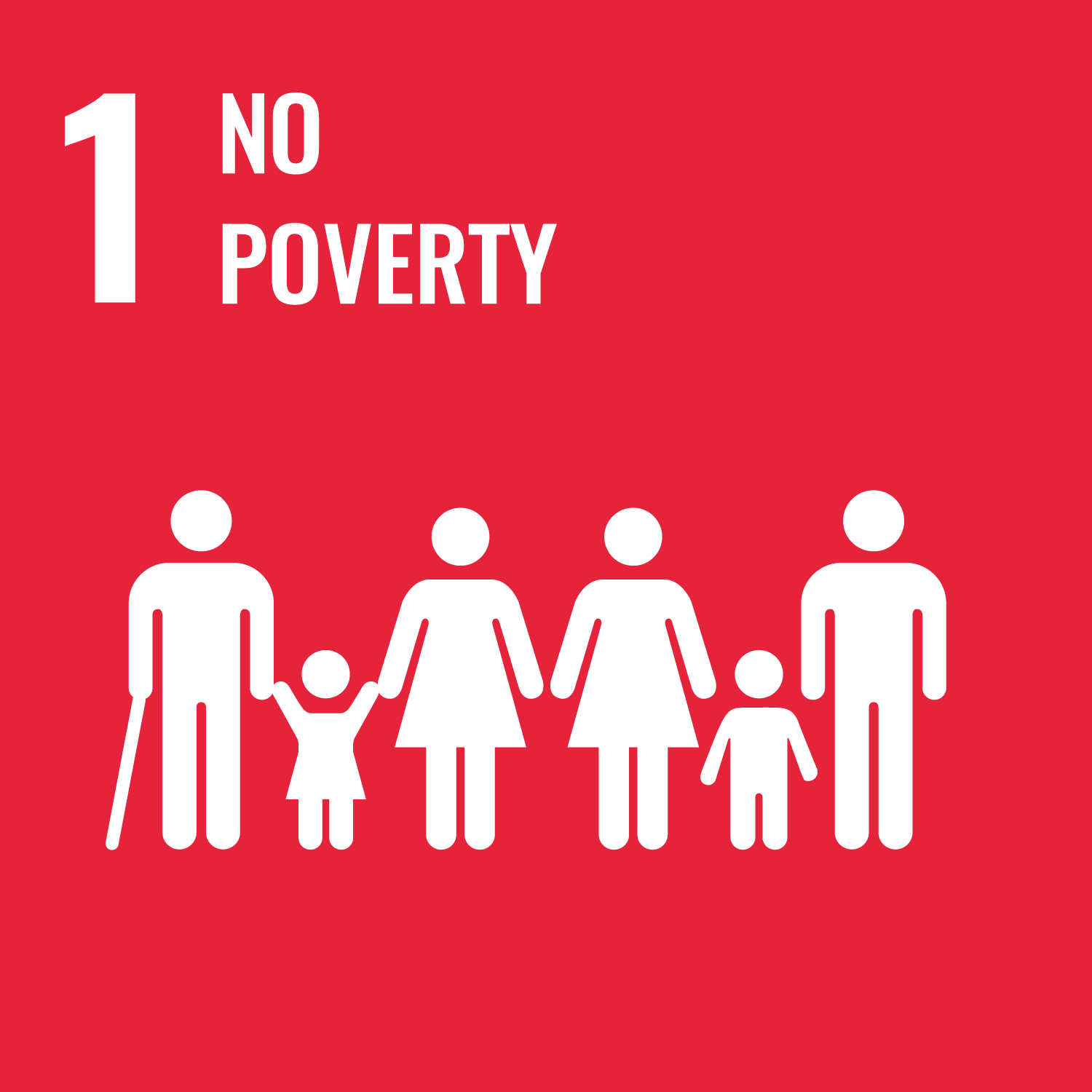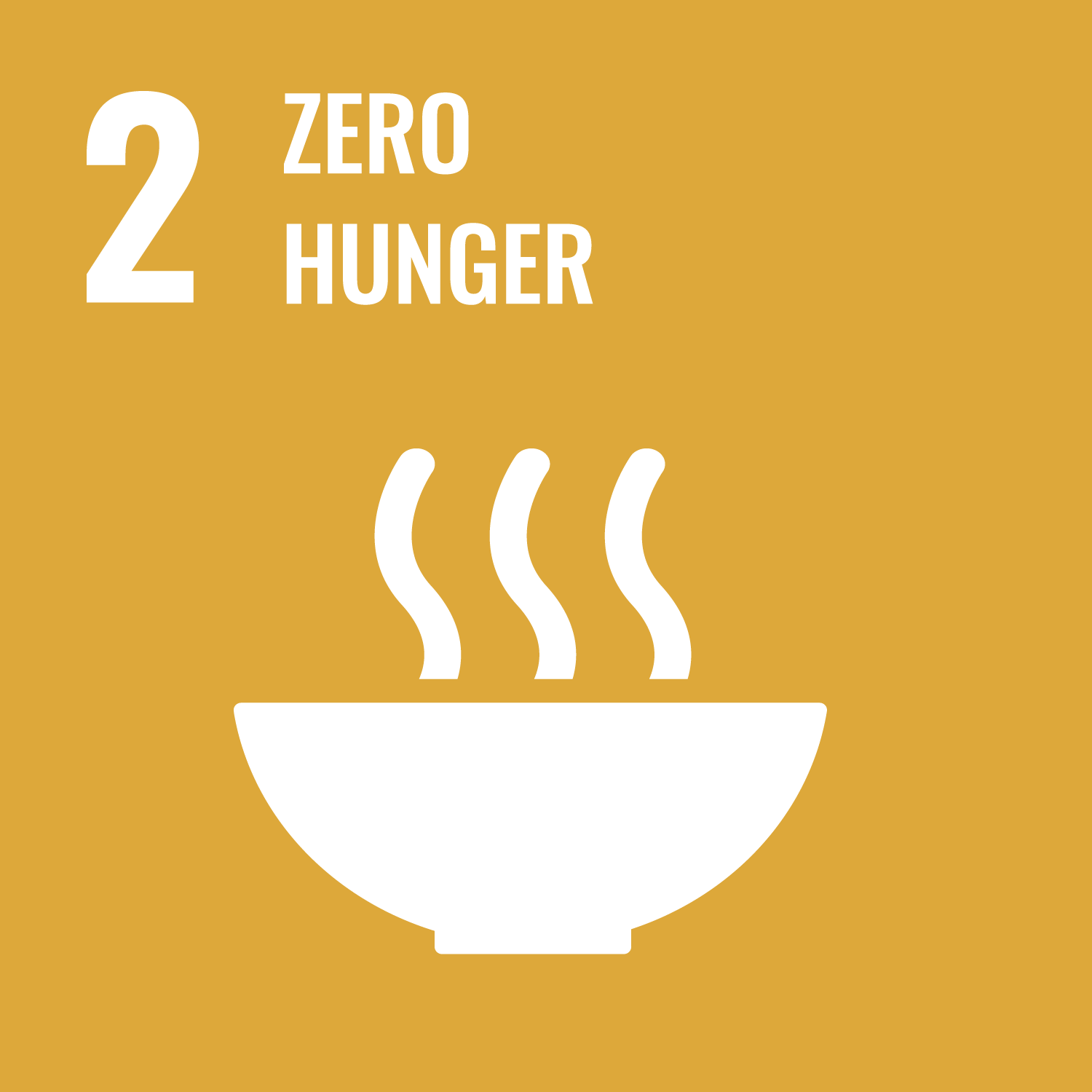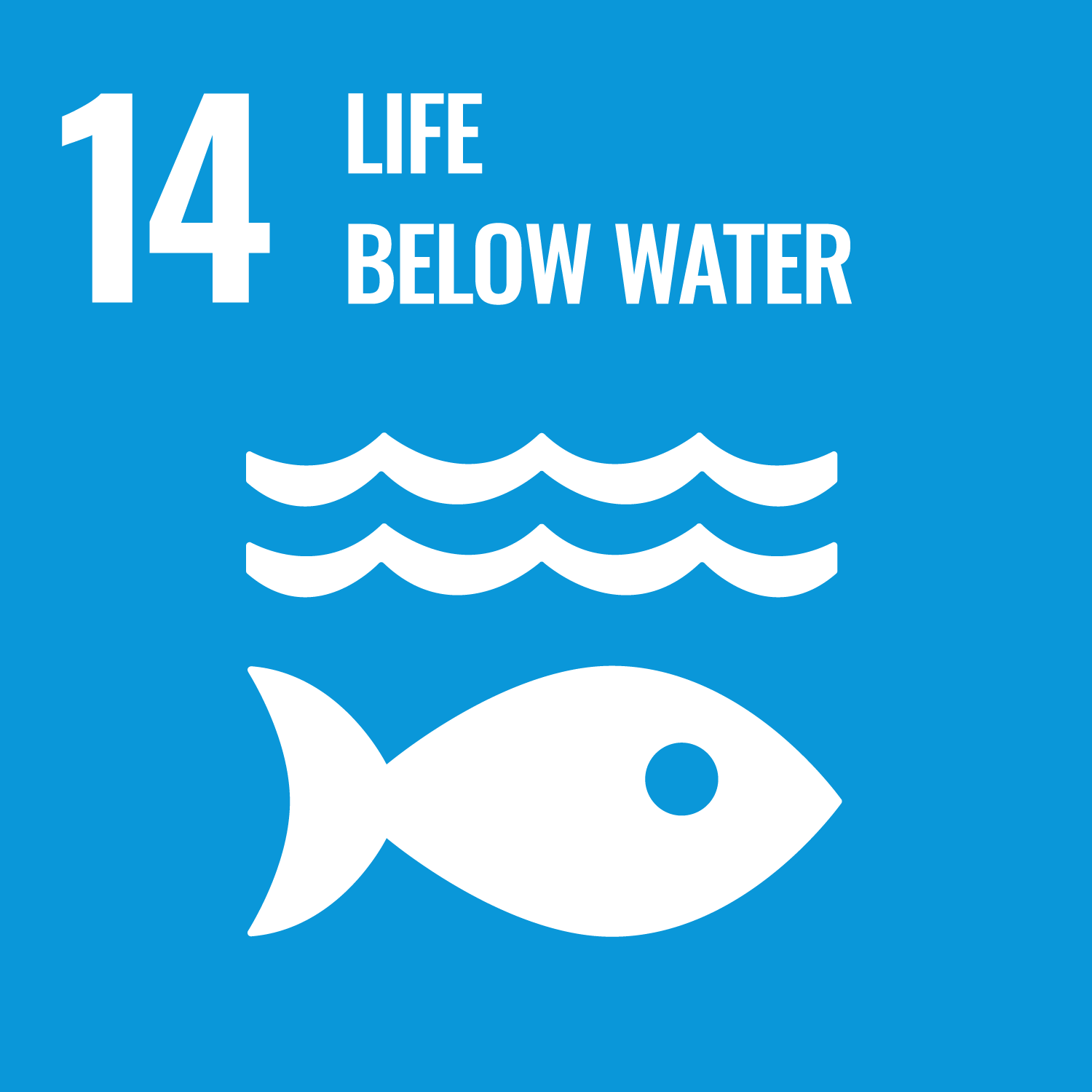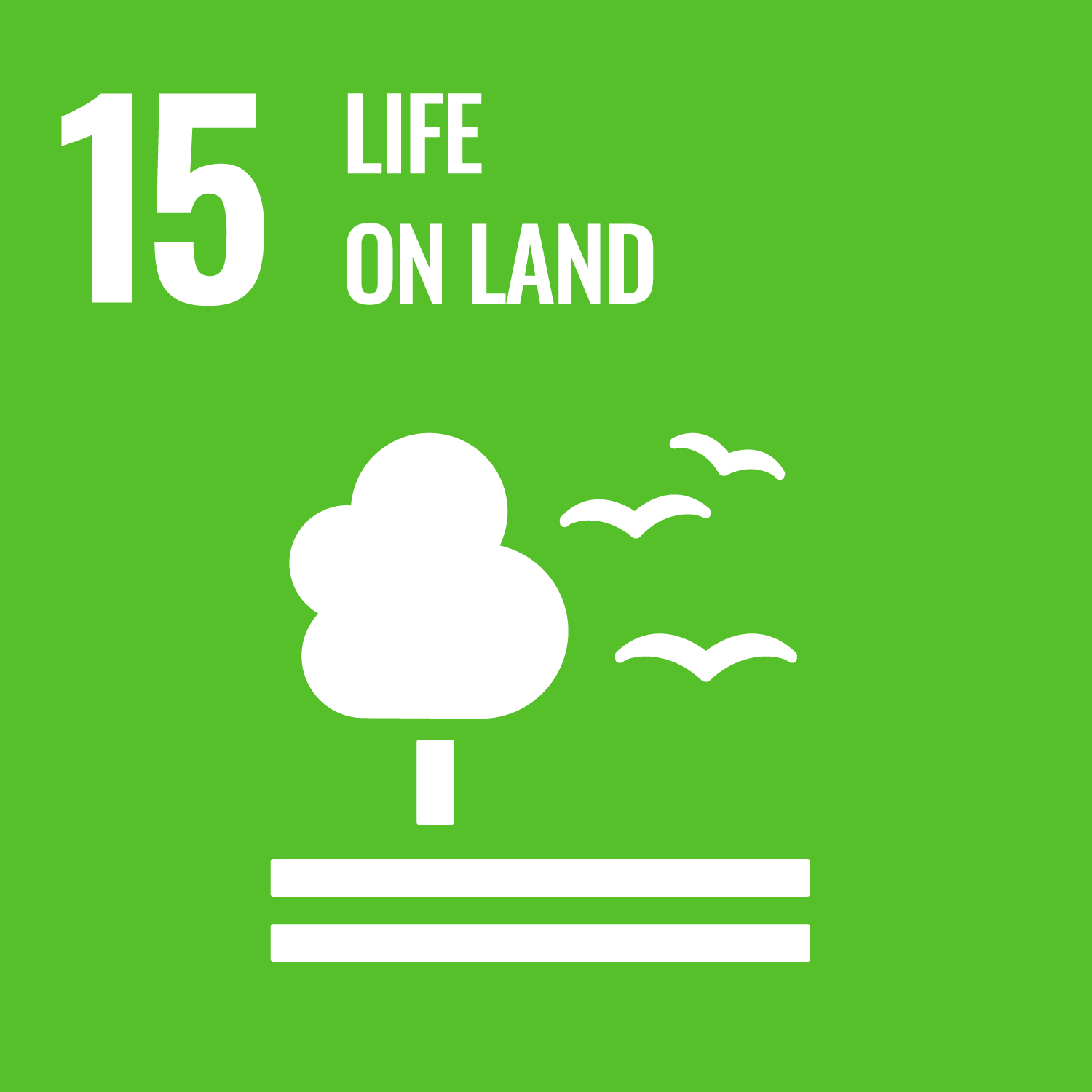Pharmacology is the study of the interaction between the human body and drugs, and it provides the scientific basis for drug
therapy. It clarifies how drugs are absorbed, distributed, metabolized, and excreted in the body (pharmacokinetics), the relationship
between dosage and efficacy, and the mechanisms of interaction (pharmacodynamics). It also studies the functions of biologically
active substances such as neurotransmitters and autacoids, and deepens understanding of the mechanisms of action, side effects,
and target diseases of the therapeutic drugs that interact with them.
In this lecture, we will systematically study everything from basic knowledge to clinical applications, with the aim of cultivating
the ability to make practical contributions in a variety of fields related to pharmaceuticals in the future.
- The basic mechanisms of drug action can be outlined.
- The student can outline intracellular signal transduction and intercellular communication.
- The safety of pharmaceutical products can be outlined.
| Report | Presentation | Total. | |
|---|---|---|---|
| 1. | 25% | 10% | 35% |
| 2. | 25% | 10% | 35% |
| 3. | 20% | 10% | 30% |
| Total. | 70% | 30% | - |
| Class schedule | HW assignments (Including preparation and review of the class.) | Amount of Time Required | |
|---|---|---|---|
| 1. | Guidance by Hirota How lectures are conducted, various initiatives at graduate schools, etc. |
Review related printouts and papers. | 180minutes |
| 2. | Peripheral and central nervous system drugs | Review related printouts and papers. | 180minutes |
| 3. | Cardio- and cerebrovascular agents | Review related printouts and papers. | 180minutes |
| 4. | Functional analysis of genetics (special lecture by an external lecturer) |
Review related printouts and papers. | 180minutes |
| 5. | Anti-inflammatory drugs, immune-related drugs | Review related printouts and papers. | 180minutes |
| 6. | Antineoplastic agent | Review related printouts and papers. | 180minutes |
| 7. | Latest Pharmacological Research (Presentation of Research Findings) | Review related printouts and papers. | 180minutes |
| Total. | - | - | 1260minutes |
The final grade will be based on a combination of the report (70%) and the presentation (30%). A grade of 60% or more is considered
to be a passing grade. A grade of 60% is equivalent to a level where the student can understand the content of the textbook
and lecture handouts and explain the content to others. It is also a level where the student can smoothly understand the content
of the research after being assigned to a laboratory.
| ways of feedback | specific contents about "Other" |
|---|---|
| Feedback in the class |
You should review your knowledge of biochemistry, molecular biology, and cell biology.
- Tuesdays and Wednesdays during lunch break and for one hour after classes finish
- It is preferable to contact the person in advance by email, etc.
- Course that cultivates an ability for utilizing knowledge
- Course that cultivates a basic interpersonal skills
- Course that cultivates a basic self-management skills
- Course that cultivates a basic problem-solving skills
| Work experience | Work experience and relevance to the course content if applicable |
|---|---|
| Applicable | Utilizing his experience in the development of clinical pharmaceuticals, he teaches the concepts of biochemistry and molecular biology, which are the fundamental technologies of life sciences, as well as examples of practical applications using the latest research content. |






- 1.NO POVERTY
- 2.ZERO HUNGER
- 3.GOOD HEALTH AND WELL-BEING
- 4.QUALITY EDUCATION
- 14.LIFE BELOW WATER
- 15.LIFE ON LAND
Last modified : Fri Feb 21 04:13:19 JST 2025
